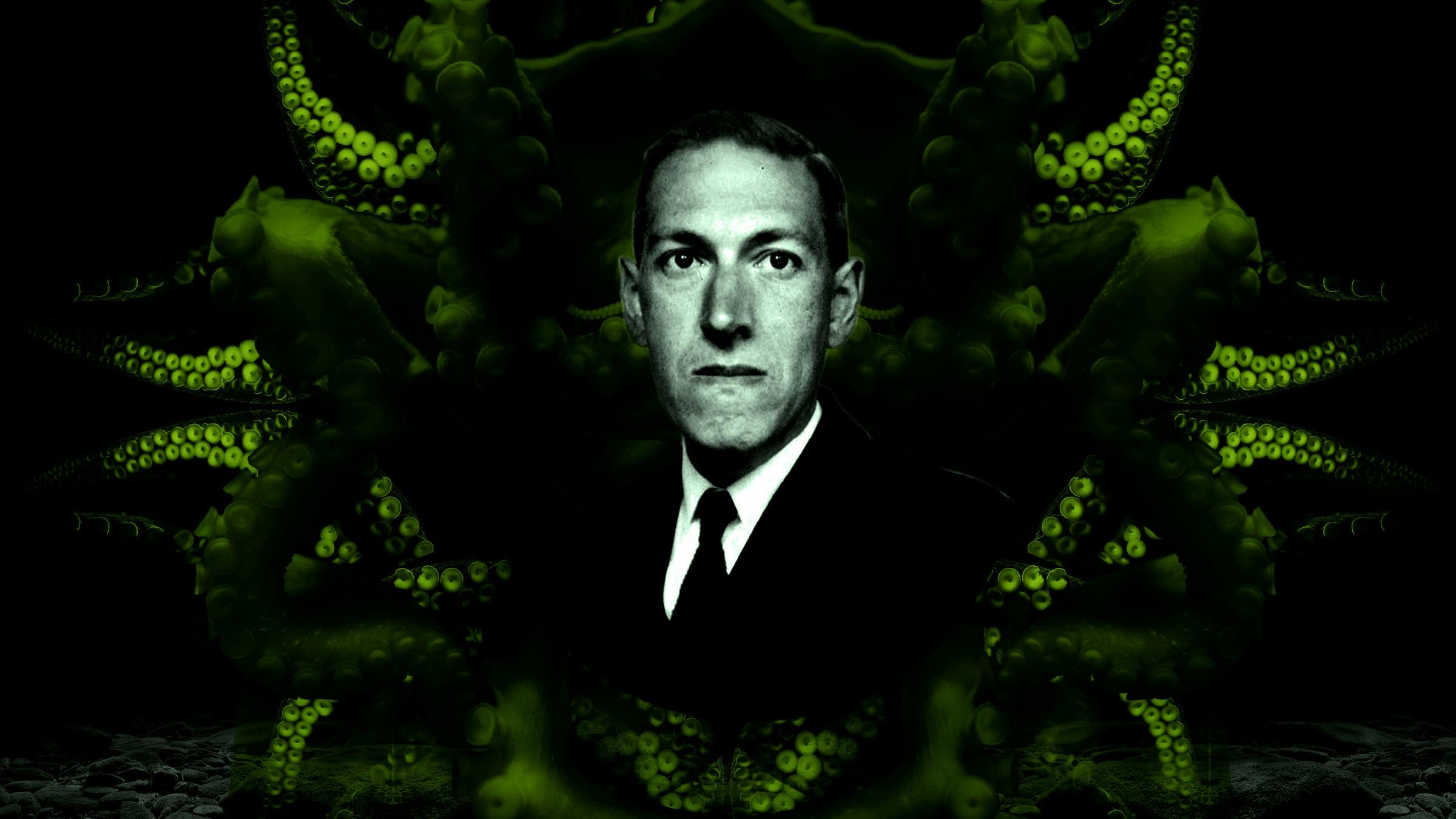What might surprise typical reactionary parents to learn is how literary most heavy metal music is. For metal fans, classic literature is the rare first demo tape of pop culture, providing the original text from which everyone’s favorite monsters and myths stem. But while bands have been inspired by everyone from infamous British poet Samuel Coleridge to gonzo doctor of journalism Hunter Thompson, it’s horror and fantasy literature that have most enthralled metalheads since the genre’s birth. And few horror authors have inspired more heavy metal songs than American sci-fi/horror pioneer H.P. Lovecraft.
As a person, Howard Phillips Lovecraft was not all that metal. In fact, Lovecraft was extremely delicate and an inveterate racist, whose work expressed overwhelming anxiety over black people, Asian people, white people who weren’t from a reputable European background, and vaginas of any kind. He hated liquor and tobacco, and basically assumed that anyone from outside of New England was a degenerate. But while Lovecraft’s character left much to be desired, his literary creations, along with the sense of scope and boundless imagination behind them, were vital the heavy metal’s development.
In Lovecraft’s cosmology, humanity lives on the ruins of a horrific prehistoric age, during which hideous amphibious creatures and giant fleshy gods roamed freely, using their magic and superior intellect to construct cities and technology we can't even imagine. Most famous among these is Cthulhu, a towering squid-headed beast who lives in the sunken city of R’lyeh. Also occupying this bizarre menagerie is the pustule-god Yog Sothoth, the crawling chaos Nyarlathotep, the aquatic deity Dagon, and any other number of monstrous creatures covered in tentacles and scales. With practices that mingle science and magic, these beings all pursue their one prime directive: return to our world, wipe it clean of carbon-based life, and reclaim their position as its rulers.
On a simple level, Lovecraft influenced metal with his sense of large-form destruction. His was a world of ancient Godzillas, each one readier to destroy Tokyo – or in his mind, probably his hometown of Providence, Rhode Island – than the last. On top of that, Lovecraft provided a strange, mutated alternative to typical black magic, in which priests bathed naked in bizarre pre-Christian goo to honor a giant cuttlefish, rather than, say, light another candle to summon another talking goat. But for extreme metal, it was Lovecraft’s all-or-nothing darkness that made the biggest impression. Not only did his gods hate people, but they wanted nothing more than to destroy every last human being on earth.
Today, we look back on some of the heavy metal tracks most inspired by H.P. Lovecraft’s bizarre tales. Ia, ia, Cthulhu ftagn!
